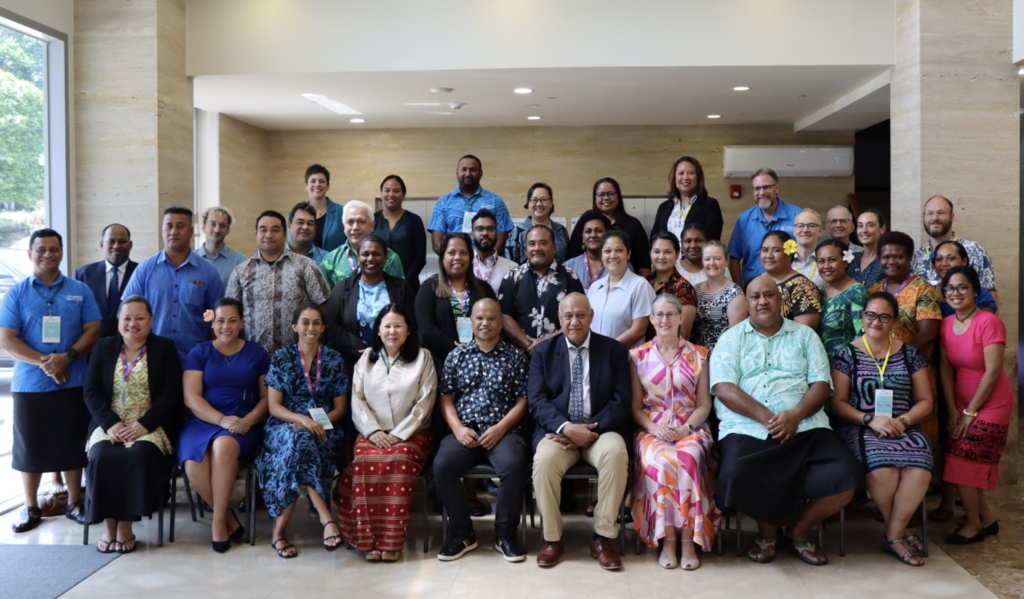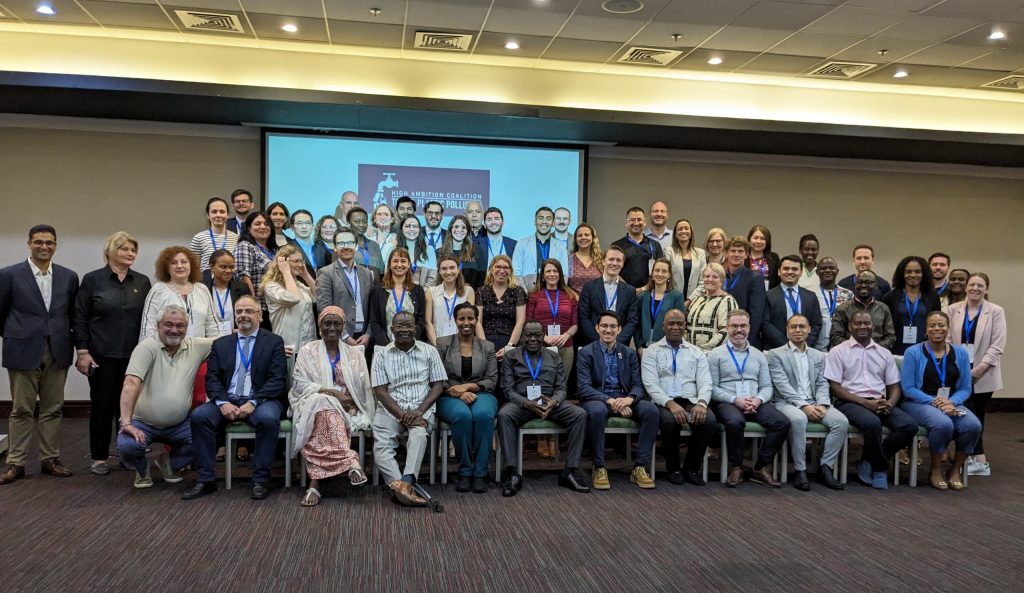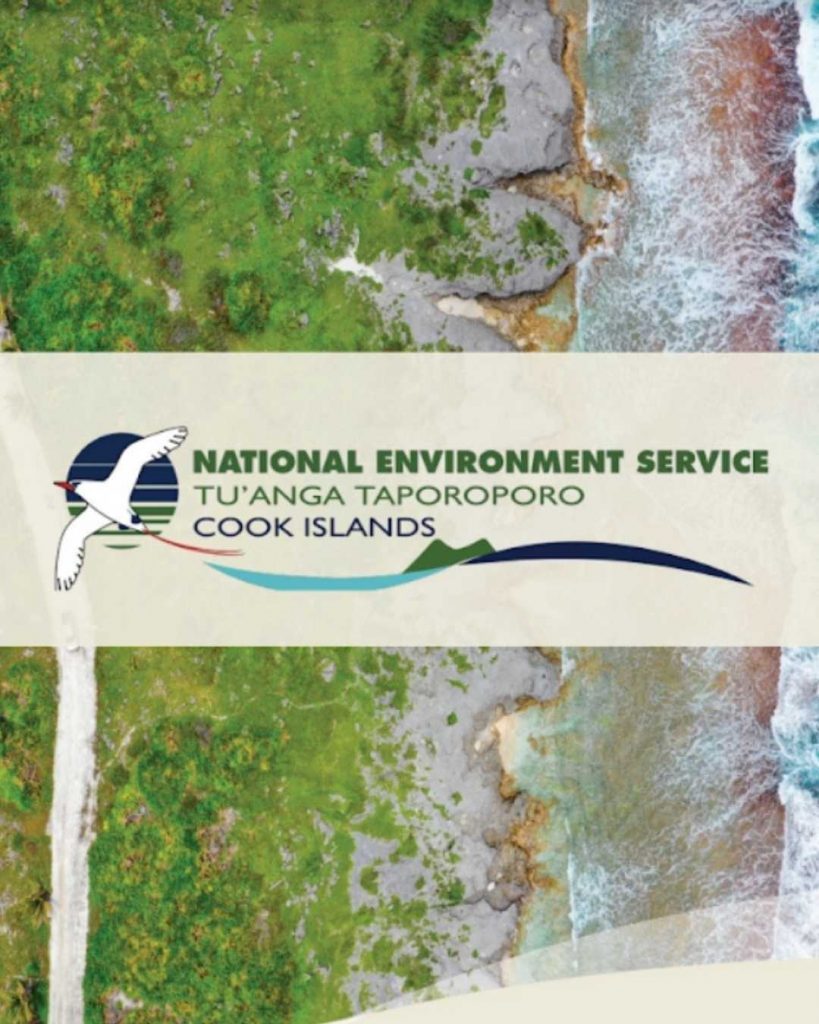The NES Director Halatoa Fua and NES Environment Legal Counsel Roselyn Strickland, attended the Pacific Small Islands Developing States (PSIDS) preparatory meeting in Palau. The preparatory meeting will help the Cook Islands and other PSIDS prepare to attend the Third Session of negotiations for the legally binding treaty to end plastic pollution next month in Nairobi, Kenya.
Hon. Minister Steven Victor, Minister of Agriculture, Fisheries and Environment for Palau, opened the preparatory meeting as Palau is the chair of PSIDS. Other attendees included high level representatives from the United Nations Environment Programme (UNEP), Secretariat of the Pacific Environment Programme (SPREP) and the Office of the Pacific Ocean Commissioner (OPOC).
The PSIDS met to discuss substantive elements of the zero draft text of the plastic pollution treaty, and to areas of convergence to possibly form a regional position going into the third session of negotiations in Nairobi. The zero draft covers the full life cycle of plastics from upstream, midstream and downstream.
The discussions including the need to reduce or phase down the production of plastic polymers, chemicals of concern, problematic and avoidable plastic products and intentionally added microplastics. The group discussed financial mechanisms and the most appropriate means of implementation for the Pacific. There is consensus from the Pacific to address the full life cycle of plastics and not just focusing on waste management systems. This means that the global production of plastics needs to be reduced and its product design needs to be safe and environmentally sound.
Plastic production is expected to grow exponentially. The 6.3 billion tons of plastics estimated to be waste now since its inception, is expected to more than triple by 2050 by the way we’re going. We simply need to reduce plastic production to help meet our climate targets, given that 99% of plastics is from fossil fuels. We have a prime opportunity to negotiate a fit-for-purpose legally binding instrument that will help us see a future.
Halatoa Fua stated ‘for the Cook Islands and other Pacific SIDS, marine litter and microplastics are a concern that prompts the need to reduce global production and alleviate its leakage to the environment, threat to our food security and impact on human health. We have limited waste management infrastructure systems, and our shorelines and oceans are subject to transboundary and colonial plastic waste and debris’.
The strong narrative from our Pacific leaders during the Paris Agreement negotiations is to limit warming to 1.5° degrees Celsius to stay alive in the Pacific. This narrative squarely aligns with the plastic pollution negotiations given it is predominantly a fossil-fuel based product. Plastic production remains a key contributor to greenhouse gas emissions.







